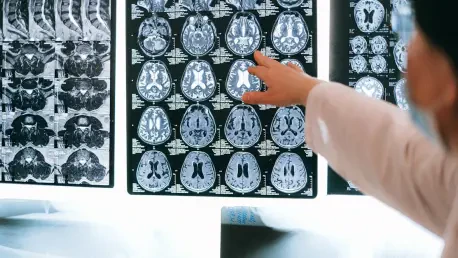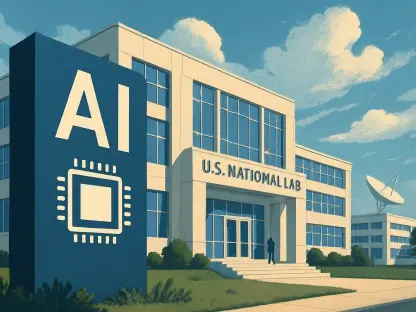The rapid strides made in Graph Neural Network (GNN) training have revolutionized how large-scale data is managed. The introduction of Capsule, a novel mechanism developed by the Data Darkness Lab (DDL) of the Medical Imaging Intelligence and Robotics Research Center at the University of Science and Technology of China (USTC) Suzhou Institute, marks a significant breakthrough in enhancing GNN training efficiency through substantial improvements in runtime and memory usage.
Revolutionizing GNN Training: The Emergence of Capsule
Data Growth and Adoption Trends
The explosion of data in recent years has led to a notable increase in the adoption of Graph Neural Networks (GNNs) across various domains. Statistics reveal that the complexity of datasets handled by GNNs has surged, necessitating more efficient training frameworks. Traditional systems like DGL and PyG have reached their limits due to GPU memory constraints, often hindering scalability. Capsule addresses these limitations by offering a substantial improvement in runtime efficiency—up to 12.02 times faster—while reducing memory consumption to a mere 22.24% of what the best available Out-of-Core (OOC) GNN systems require.
Real-World Applications and Success Stories
The impact of Capsule on GNN training is evident in the success stories from various industries implementing this technology. Leading organizations in healthcare, finance, and social networking have integrated Capsule into their GNN training workflows, achieving significant performance gains. For instance, a notable tech giant leveraged Capsule to manage extensive social graph datasets, resulting in faster processing times and more accurate recommendations. Similarly, academic researchers have applied Capsule to streamline medical imaging analysis, accelerating breakthroughs in early disease detection.
Expert Insights on Capsule and GNN Training
Experts in the field of machine learning and neural networks have acknowledged the transformative potential of Capsule. Renowned researchers emphasize that Capsule tackles the critical challenge of GPU memory limitations, enabling the processing of much larger datasets without sacrificing speed or accuracy. Industry professionals predict that Capsule could reshape the landscape of GNN training by providing a scalable solution that meets the demands of growing data complexities.
Moreover, experts highlight Capsule’s unique approach in managing large-scale graph data through efficient graph partitioning and pruning. This methodology ensures that subgraphs and their associated features remain within GPU memory, thus eliminating the Input/Output (I/O) overhead traditionally encountered during backpropagation. The consensus among thought leaders is clear: Capsule represents a pivotal advancement in the efficient training of GNNs.
The Future of Capsule in Graph Neural Network Training
Looking ahead, the potential developments in Capsule technology promise further enhancements in GNN training. Researchers are optimistic about integrating Capsule with emerging machine learning frameworks to push the boundaries of efficiency and scalability. Potential advancements include refining subgraph loading mechanisms and developing more sophisticated graph partitioning strategies to accommodate even larger datasets.
Nevertheless, the journey is not without its challenges. Industries and research fields must navigate the complexities of integrating Capsule into existing systems while managing the transition. The benefits are anticipated to outweigh these hurdles, as Capsule’s influence extends to diverse sectors, driving innovation and opening new frontiers in data processing.
Conclusion
The introduction of Capsule marks a transformative leap in the realm of Graph Neural Network training. Its groundbreaking approach addresses critical challenges of memory constraints and runtime inefficiency, offering a scalable solution for large-scale data processing. By incorporating Capsule, industries and researchers alike have witnessed substantial performance improvements and enhanced data handling capabilities. As Capsule technology continues to evolve, its potential to reshape GNN training and influence various sectors remains promising, urging further exploration and adoption in the field.









